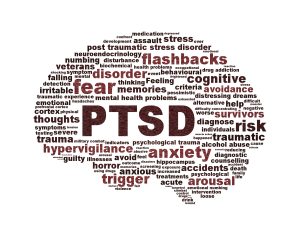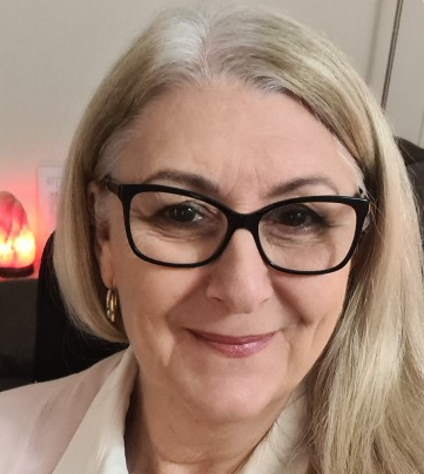
“Trauma is not what happens to you. Trauma is what happens inside you, as a result of what happens to you.” Dr. Gabor Maté.
As a clinical hypnotherapist / psychotherapist, mentor, and teacher, I’m often asked about how my therapies help in transformation and healing, and how trauma and relational wounding can affect our capacity to feel safe, intimate, and connected with life.
Often when we hear the word “wound” we think of either a physical injury to the body (i.e. a “wounded” shoulder) or intense trauma such as an assault, rape, abuse, neglect, war, PTSD, or even being in an accident or natural disaster. While these are very tragic forms of wounding, research over the last few decades has shown us that there are many ways of being wounded, which can shape the way we perceive and make sense of our lives and relationships.
Even if we’ have not experienced the sort of profound wounding mentioned above, each of us carries a wound or limiting core belief that is unique to us – in our hearts, our bodies, our souls; at the deepest level an embodied sense (at times) of feeling unloved, separate and disconnected from ourselves, others, and life.
Before birth, the world satisfies all that is needed in the womb. After birth, however, the infant’s needs can never be totally met by others. Unable to conceive that there could be an issue with the parents with whom the infant is totally dependent, a seed is planted: the problem must be with the young baby. The baby feels there must be something wrong with itself, and this is the foundation of the core belief. The infant then develops a strategy to get what it wants.
The basic strategies are our ardent but deluded responses: fixed reactions in a fluid world. Although these core beliefs are natural, nearly inevitable formation in a young child’s development, as adults, we perpetuate our core beliefs through our moment-to-moment decisions about how we relate to ourselves and our lives.
Research shows that substance abuse, suicide, chronic disease, depression, and both being the victim and perpetrator of violent crime and sexual abuse are all predicted by trauma. Unhealed trauma impacts every aspect of our lives. It shapes the way we live, the way we love, and the way we make sense of the world. It is the root of our deepest wounds. From addiction to troubles with intimacy all the way to emotional, spiritual and physical health.
What happens when you are uncomfortable? Do you reach for food to distract yourself? Or is your go to thing alcohol? Is eating or drinking a way to avoid unpleasant emotions?⠀
For many, this is a way to cope with emotions. But this is a temporary fix to feel a relief, but physical pain often soon follows like bloating, weight gain, constipation, self-judgment and shame. Emotional eating, binge eating, constant snacking and alcohol dependency are habits that are often used to repress feelings.
Untreated trauma diminishes our ability to establish and maintain healthy interpersonal relationships and these attachment ruptures interfere with our wellbeing and resilience. But trauma can be addressed, and when it is, our ability to form the lasting, meaningful, healthy relationships that are so critical to our sense of security is restored.
My hypnotherapy programs address trauma, and I offer support and guide those on a path of self awareness, to healing and recovery.⠀⠀
